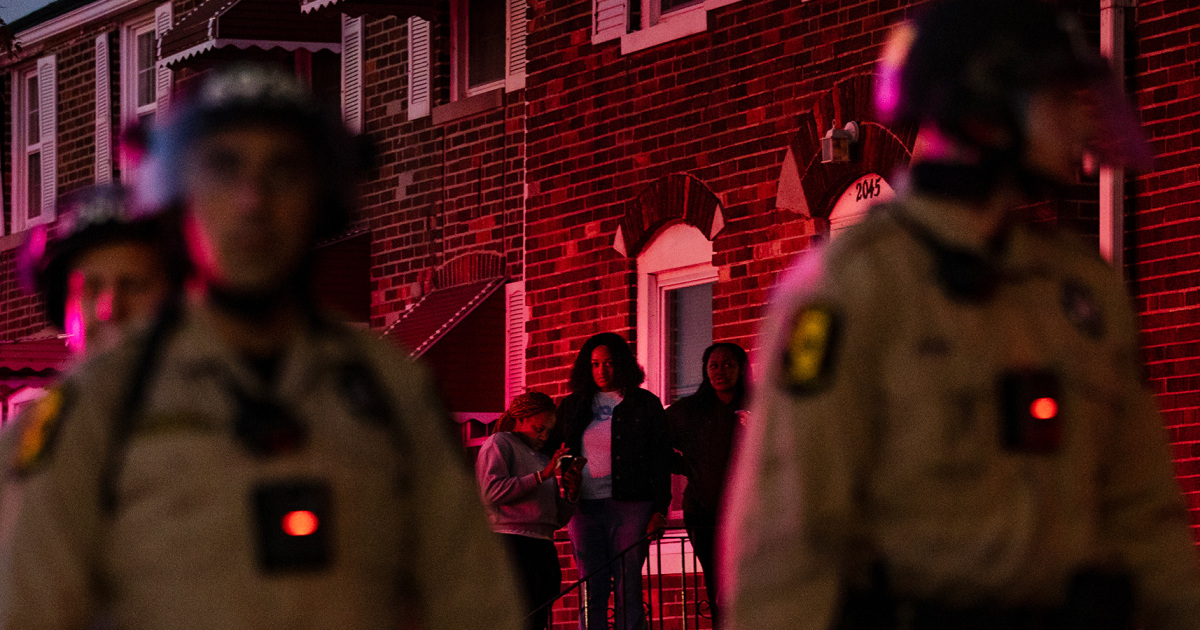Venice Film Festival artistic director Alberto Barbera does not want to overplay his hand this year, despite having assembled an embarrassment of cinematic riches.
With a rich roster of hotly anticipated new movies featuring high-caliber stars like Julia Roberts, Dwayne Johnson, Emily Blunt, Andrew Garfield, George Clooney, Cate Blanchett and Emma Stone — as well as smaller titles with awards potential — Barbera is sitting pretty.
But, as he puts it, when you’ve got lots of buzzy movies, “the risk of generating disappointment is greater.”
Ahead of the fest’s kickoff on Wednesday, Barbera answered seven burning questions from Variety (plus a few follow-ups) regarding this year’s 82nd edition. Read on for more about his fear that the buzz could fizzle out, criticism over the lineup’s scarce gender representation ratio and the issue of his mandate expiring at the end of next year’s event.
Now that you are in the final countdown, what is your main concern?
My main worry is that when you create very high expectations, the risk of generating disappointment is greater. The mistake people make when they go to a festival, and they have a certain list of titles in mind for which they have huge expectations, is that everyone expects them to be completely satisfying masterpieces. But unfortunately that’s not always the case — in fact, it’s never the case.
Boatloads of stars are expected. Any last-minute no-shows?
No, not that I know of. I am still waiting for the definitive list. But I have not had any announcements regarding absences of stars that were expected. To give you an example, we knew Al Pacino was not coming [for Julian Schnabel’s “In the Hand of Dante”]. That aside, most of the key cast of the selected movies will be attending with very few exceptions due to conflicts with on-set obligations.
Is Gal Gadot, who has come under fire from pro-Palestinian protesters for her pro-Israel stance, coming for the Schnabel film?
No.
I know you don’t have a crystal ball, but do you think it’s likely Venice will launch more Oscar winners this year than any other festival, including Cannes?
Look, I really don’t know. The Oscar race is so unpredictable and long! It goes on for months and months; it’s fought tooth and nail to the tune of promotional investments and the outcome is totally uncertain. I’ve stopped making predictions because they often turn out to be, at least partly, wrong. Last year, for example, I was sure that Daniel Craig would have landed a best actor nomination [for Luca Guadagnino’s “Queer”] and that didn’t happen.
In terms of movies, you have an embarrassment of riches. That said, as you recently lamented to Venice daily “Il Gazzettino,” the cost of accommodations at the Lido has skyrocketed this year. And getting a meal on the Lido can also be problematic. Any improvements on the horizon in terms of the Lido becoming more festival-friendly?
We are well aware of this. I get people complaining to me that last year they were paying €2,500 ($2,900) a week for an apartment and this year the price is €3,500 ($4,100), which is an absolutely unjustified increase. Unfortunately, it’s the savage law of supply and demand. Demand grows because, year after year, the number of festival attendees grows, and available accommodations remain the same. We can only hope that the state-announced renovation project for the Hotel Des Bains will be successful. We are talking about 2030, so we’ll have to wait another five years before the project is completed. But it’s clear that the day the Des Bains, with its 800 rooms, opens the profile of hospitality on the Lido will change, especially the high-end ones, because it will obviously be a five-star hotel.
Politics, as always, will play out. Jude Law is playing Vladimir Putin in Olivier Assayas’ “The Wizard of the Kremlin” and the plight of the people of Gaza is represented in competition by Kaouther Ben Hania’s “The Voice of Hind Rajab,” a film you said greatly moved you. How is Law as Putin? And are you expecting pro-Palestinian activists on the Lido?
Jude Law is really surprising. He underwent an impressive physical transformation. He reaches an incredible level of resemblance with the image we have of Putin and on top of that he’s a great actor, so he manages to make his character totally believable.
As for pro-Gaza demonstrations, I would be surprised if this didn’t happen, since they are taking place all over the world, in all types of contexts. The pro-Palestine association in Venice has already asked, very politely, to be present in some way at the festival. The pro-Gaza priest from Venice [Don Nandino Capovilla], who was recently denied entry into Israel, has already called for his faithful to hold a pro-Gaza demonstration [at the festival]. So I expect there to be — how shall I put it — attempted intrusions that we will try to contain and limit because we don’t want the festival to become a partisan stage for one side or the other. That said, it seems quite obvious to me that there will be [pro-Gaza] demonstrations in some form.
Women in Film has pointed out that there are a mere 26% female directors in the selection (outside of Venice Immersive). And the situation is especially bad in the Italian selection. What’s your response?
Why should Venice Immersive not count? If [more] women are involved in VR projects instead of feature films, there must be a reason. It may have to do with the fact that it’s easier for them to access financing for these types of films. But VR is still part of the film sphere and has a meaning and value. So we are [actually] at roughly 30% [female representation], which is roughly the same level as the percentage of female filmmakers around the world.
Festivals come at the end of a long industry supply chain and that is where the real decision-making [in terms of gender representation] is made. I’ve always said I’m against quotas, because I think it’s the wrong way to react to the discrimination that still exists toward women [in film]. I am against selecting a film dictated by the need for gender representation. Given that our selection is about 30% women directors, we are in line with the current global production trend. When we started talking about this topic the global percentage was 22%, so it’s been growing. I’m hoping the percentage of female filmmakers continues to grow and I’m optimistic because the number of young female producers is growing and they are obviously less prejudiced.
What about the Italian competition selection? The Italian press has underlined that there is an all-male, almost all “over 50” Italian contingent in competition, where you could have had films by younger female directors, like Laura Samani and Carolina Cavalli who are instead in Horizons.
Have they seen the films? Have you seen the films by Samani and Cavalli? They are both excellent, otherwise I would not have picked them. I believe in them and I will support them. But to judge whether a film should be placed in competition, you have to have seen all the [other] films. You have to go through a difficult, complicated, anxiety-inducing selection process and then decide the best spot to place a film to give it the best chance of being valued for what it is. So that it’s not thrown out there in a context that’s objectively too complicated, too difficult for that film. So let’s talk about this later, after everyone has seen the five Italian films in competition and the two other Italian films made by women directors. At that point, there will of course be different opinions and everyone has a right to their opinion. As for us [the selection committee], we are a group of about 10 people — half of whom are women — who had no doubts about the choices we made. There is always the risk of making mistakes, as has happened in the past. But let’s talk about it after the films have been seen.
Your current mandate expires after the 2026 edition next year. Then what?
The decision is up to the Biennale board of directors, and first and foremost its president [Pietrangelo Buttafuoco], who will make proposals to the board. They don’t allow me to speculate on their choices and decisions. As [former Biennale president] Paolo Baratta taught me, and as Buttafuoco recently reiterated, this is a job you don’t apply for. It’s job you accept if it’s offered to you. So I have nothing else to say.
Source link


